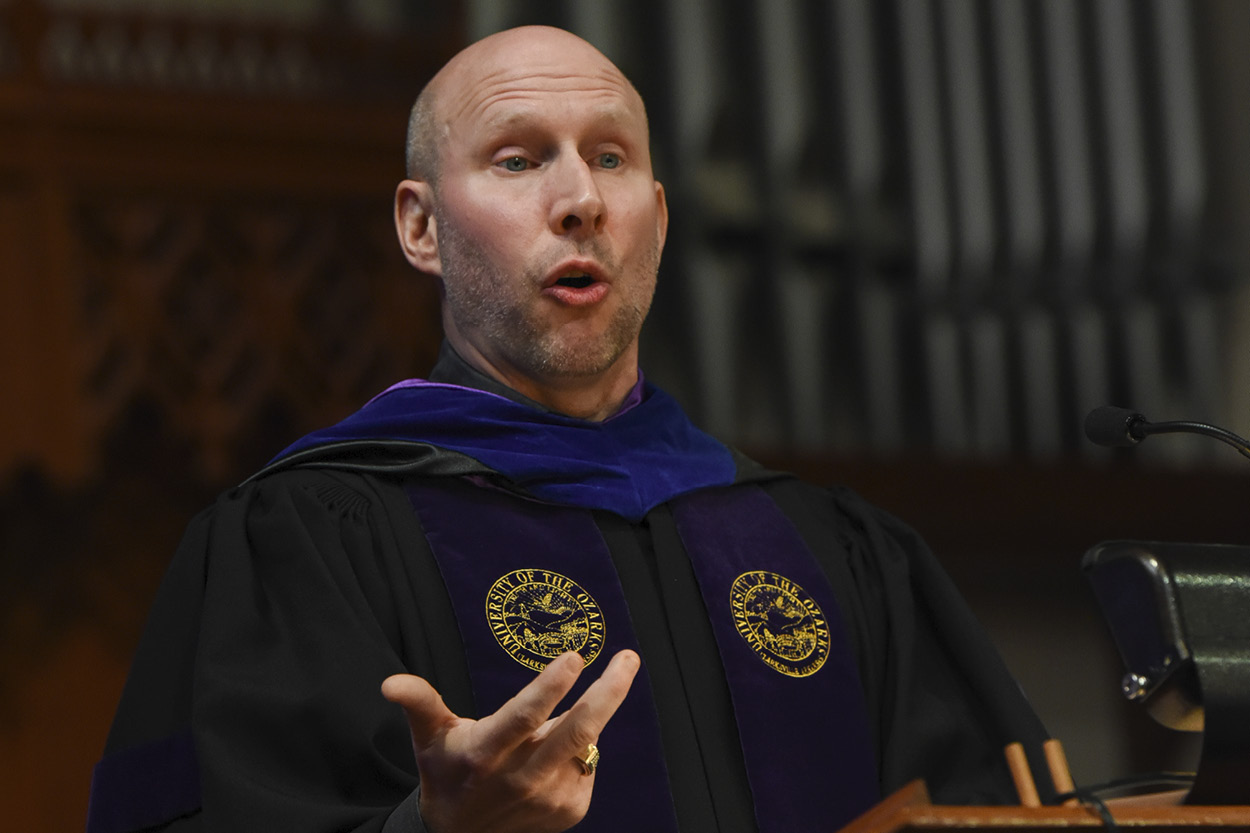When you hear a name like Russell Armstrong, it's almost natural to wonder about the person behind it, isn't it? Names, you see, often carry a certain weight, a kind of resonance that can suggest different paths or contributions someone might make. We find ourselves, you know, pondering the lives and works associated with such a familiar sound. It's quite common, really, to think about the people who leave their mark.
Our exploration here, in a way, takes a slightly different turn. While we might be thinking of a specific "Russell Armstrong," the information we have at hand, a collection of various notes, actually points us to other notable figures who share the "Russell" part of that name. It's a fascinating look, really, at how a common name can pop up in completely different, yet equally interesting, areas of thought and study. There's so much to learn from these connections, apparently.
So, we're going to spend some time looking at these other "Russells" that appear in our source material. This gives us a chance, perhaps, to appreciate the diverse ways individuals with this name have made their mark, whether in deep historical studies or cutting-edge scientific research. It's quite something, actually, to see the breadth of their work and the different paths they've chosen, you know, to contribute to what we know.
Table of Contents
- The Academic Footprint of a Russell
- What Does a Russell Do in Research?
- How Does Research Get Shared?
- Why Do Citations Matter, Russell?
- The Broader Context - Names and Contributions
The Academic Footprint of a Russell
When we consider the contributions people make to our shared pool of knowledge, it's pretty clear that academic work plays a big part. There are individuals who dedicate their lives to looking closely at history, at ideas that have shaped human thought for ages. One such person, mentioned in some notes, is a religious historian. His ideas, you see, help us think about how certain beliefs came to be, and how they've changed over time. It’s a very specific kind of deep study, isn't it?
A Glimpse into the Work of a Scholar Named Russell
Jeffery Burton Russell, an American religious historian, is one of those figures whose thoughts have really made people stop and consider things differently. He had, you know, a particular way of looking at old traditions, like the way some folks might separate Lucifer and Satan. His view suggests that this idea, while seen sometimes in the Middle Ages, wasn't really a fully worked-out story with a long, consistent past. It wasn't, apparently, a universally accepted or well-documented piece of history. This kind of careful analysis, you know, helps us sort out what's truly historical from what might be more like a story that grew over time. It’s a pretty interesting take, actually, on how ideas develop.
Here are some basic details about a scholar named Russell, providing a little background:
| Name | Jeffery Burton Russell |
| Primary Field | Religious History |
| Nationality | American |
| Notable Work (as referenced) | Views on the distinction between Lucifer and Satan |
| Period of Activity | Mid-20th to early 21st century (implied by historical context) |
| Contribution Type | Historical analysis, interpretation of religious concepts |
This kind of academic pursuit, you know, involves a lot of digging through old texts and ideas. It means, so, looking at things from a fresh angle, even when they've been talked about for hundreds of years. A scholar like this helps us see the threads of history in a new light, allowing for a deeper appreciation of how our current ideas came to be. It’s pretty important work, really, for anyone wanting to truly grasp where we come from intellectually.
What Does a Russell Do in Research?
Beyond history, the name Russell pops up in other areas of careful study, particularly in the sciences. It shows that the desire to learn and contribute isn't limited to just one kind of academic pursuit. When people work together on a research paper, for instance, they bring different skills and bits of knowledge to the table. This team effort, you know, is a big part of how new discoveries get made and how scientific understanding moves forward. It’s a pretty collaborative effort, that, in most cases.
Russell J De Souza and Collaborative Studies
In a list of authors for a research paper, we see the name Russell J De Souza. This tells us that this person is involved in scientific research, probably working with a group of other bright minds. The very nature of a multi-authored paper means that ideas are shared, findings are discussed, and the final work is a product of many people's efforts. It's a classic example, so, of how modern science often gets done – not by a single person working alone, but by a collection of talented individuals putting their heads together. This kind of joint work, you know, helps make the research stronger and more complete. It’s a very common way, apparently, that science progresses.
When you see a list of names like D David Wang, John L Sievenpiper, Russell J De Souza, Adrian I Cozma, Laura Chiavaroli, Vanessa Ha, Arash Mirrahimi, Amanda J Carleton, Marco Di Buono, and Alexandra L Jenkins, it really paints a picture of a group effort. Each person, you know, brings their own piece to the puzzle, creating a fuller picture of whatever topic they're looking into. This kind of shared effort is pretty common in many scientific fields, where problems are often too big or too complex for just one person to tackle. It's a testament, you might say, to the power of working together, something that really helps move the needle on new findings.
How Does Research Get Shared?
Once research is done, or even while it's happening, getting that information out to others is a big deal. It’s not enough, you know, to just do the work; you also need ways to let people know about it, to get their thoughts, and to build on what’s already known. In our modern world, there are lots of places where people go to ask questions, share what they've learned, and find answers. These online spots have become pretty important tools for spreading knowledge far and wide. It's almost like a big, ongoing conversation, that, where everyone can join in.
The Role of Platforms like Zhihu in Knowledge Exchange
Take Zhihu, for example, a Chinese online place for questions and answers, and a spot where people create their own content. It started back in 2011, and its main goal is to help people share what they know, their experiences, and their thoughts, so others can find what they're looking for. It's built on being serious, professional, and friendly, which is pretty neat. Such platforms, you know, play a big role in how academic ideas, and even everyday questions, get talked about outside of formal papers. They allow for a more open way of exchanging ideas, which is something that really helps knowledge spread. It’s a very accessible way, apparently, to get information out there.
These kinds of online spaces are pretty different from traditional academic journals, which can sometimes feel a bit closed off to the general public. On platforms like Zhihu, a researcher, perhaps even a Russell, could share findings in a more approachable way, getting feedback from a wider audience. This helps bridge the gap, you know, between highly specialized research and what everyday people might be interested in. It's a kind of informal learning, really, that happens when people just share what they know. This openness, in some respects, makes information more alive and useful to more



Detail Author:
- Name : Ambrose Beer
- Username : bkrajcik
- Email : gabbott@kutch.com
- Birthdate : 1996-05-17
- Address : 6432 Corbin Course Jeremiehaven, HI 17094
- Phone : +1.534.517.4830
- Company : Zboncak-Kris
- Job : Choreographer
- Bio : Consectetur iusto quae ut ab rem. Dicta voluptates hic doloribus porro. Et ut aspernatur fugit voluptatem.
Socials
linkedin:
- url : https://linkedin.com/in/margret_xx
- username : margret_xx
- bio : Aut rerum laudantium rerum nobis nisi dolorem.
- followers : 2624
- following : 555
instagram:
- url : https://instagram.com/mabshire
- username : mabshire
- bio : Ullam aliquam maxime corporis. Odit consequatur incidunt quae ipsa dolorem et temporibus.
- followers : 3617
- following : 57
facebook:
- url : https://facebook.com/margret_abshire
- username : margret_abshire
- bio : Sed et harum sapiente debitis. Omnis et est non sequi non.
- followers : 2071
- following : 2515